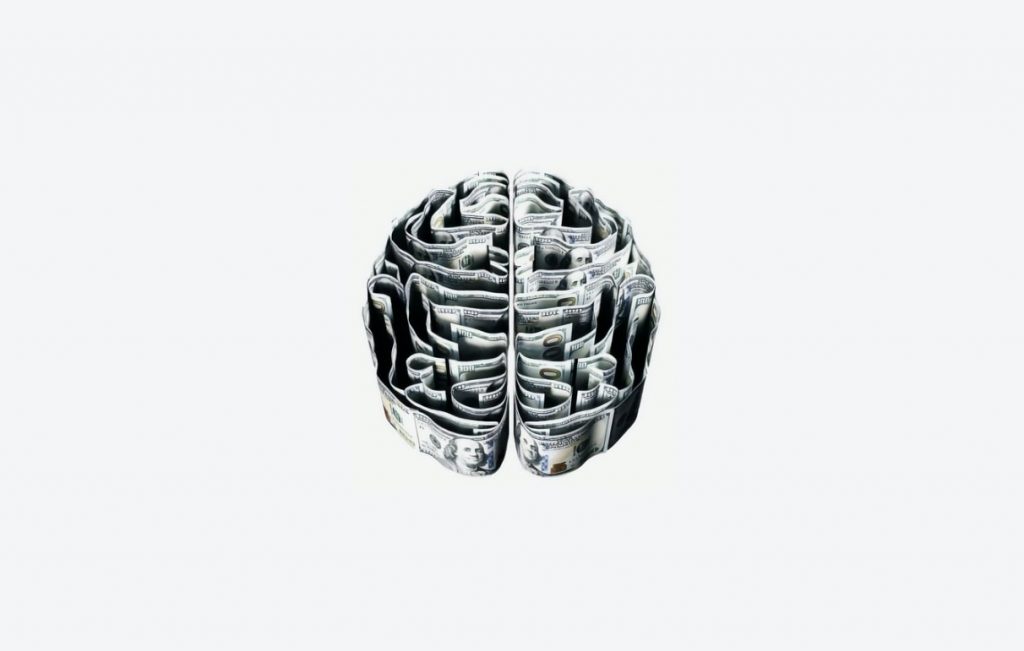
In the contemporaneous world that we live in today, we have insights into the lives of others like never before. Through the digital window that is social media, we know what our friend is having for lunch on the other side of the world as they experience their indulgent and luxurious holiday, accompanied by endless aesthetic photos that accompany this exhilarating existence. Amalgamating the experiences of all our friends, day by day, we are forced-fed this ‘feed’. Like cows lining up for slaughter, this culture encourages us to ‘one-up’ ourselves in speeding up our own hedonic treadmill of vanity. From this, we may feel disheartened, depressed, and even lonely. To fend off these feelings, we are obliged to join in on the bandwagon – adding another drop of the ocean of social media sharing that furthers the vicious cycle of comparison. Like the Instagram stories that only last a day and are gone tomorrow, these experiences are but fleeting – a chasing after the wind.
A question arises at the end of it all – is it enough?
Morgan Housel in his book “The Psychology of Money”, shared a striking story from John Bogle, the founder of Vanguard:
At a party given by a billionaire on Shelter Island, Kurt Vonnegut informs his pal, Joseph Heller, that their host, a hedge fund manager, had made more money in a single day than Heller had earned from his wildly popular novel Catch-22 over its whole history. Heller responds, “Yes, but I have something he will never have … enough.”
Morgan housel, The psychology of money
In economics, one of the basic concepts introduced is the idea of needs vs. wants. Needs refer to goods and services that we require to survive, such as food, water and shelter. Needs can change depending on the context, such as the 21st century, where examples of 21st century specific needs are a smartphone and an internet connection, as, without these, it is quite inconvenient and frustrating to function in a developed society. Contrasting to needs are wants, which are goods and services that are nice to have. For instance, if we already have a smartphone, we don’t really need to get the latest model that has better specs. If water is all we need to stay hydrated and healthy, we don’t really need bubble tea which is more appetising (albeit more unhealthy).
What is dangerous about our capitalistic culture today, especially during the Christmas season with the buying and receiving of many gifts, is that what we want is increasingly marketed to us as what we need. We are sold the idea that without the latest smartphone, smartwatch and clothes, we cannot survive because life would be quite the sad existence. This makes complete sense from an economic standpoint, as it leads to greater levels of economic growth and hence prosperity. However, it creates a society that is endlessly consuming towards a fleeting dream, and the byproduct of this is large amounts of waste.
According to the Australian Government’s Department of agriculture, water, and the environment, “Australian’s acquire an average of 27 kilograms of new clothing per person, and discard around 23 kilograms of clothing to landfill each year.”
And this is just clothes mind you, where if we were to extrapolate to every household item, the amount of waste is incredibly difficult to imagine. Once again, all in the name of economic growth.
In the final chapter of the book, Housely shares an account of how he and his wife manage their own finances, where I was struck by the simplicity of their livelihoods.
Most of what we get pleasure from—going for walks, reading, podcasts—costs little, so we rarely feel like we’re missing out. On the rare occasion when I question our savings rate I think of the independence my parents earned from years of high savings, and I quickly come back. Independence is our top goal. A secondary benefit of maintaining a lifestyle below what you can afford is avoiding the psychological treadmill of keeping up with the Joneses. Comfortably living below what you can afford, without much desire for more, removes a tremendous amount of social pressure that many people in the modern first world subject themselves to. Nassim Taleb explained: “True success is exiting some rat race to modulate one’s activities for peace of mind.” I like that.
MORGAN HOUSEL, THE PSYCHOLOGY OF MONEY
To say when things are enough and not spend above one’s means, requires not just self-discipline and restraint – but humility. Humility to recognise that the things you want to buy are mostly what you want, but don’t really need. Humility to not join in on the vanity fair that is fleeting at the end of it all. As “for where your treasure is, there your heart will be also.” – Matthew 6:21 ESV.
Qohelet, the author of Ecclesiastes of the Old Testament poignantly muses about the notion of money:
“He who loves money will not be satisfied with money, nor he who loves wealth with his income; this also is vanity. When goods increase, they increase who eat them, and what advantage has their owner but to see them with his eyes? Sweet is the sleep of a laborer, whether he eats little or much, but the full stomach of the rich will not let him sleep. There is a grievous evil that I have seen under the sun: riches were kept by their owner to his hurt, and those riches were lost in a bad venture. And he is father of a son, but he has nothing in his hand. As he came from his mother’s womb he shall go again, naked as he came, and shall take nothing for his toil that he may carry away in his hand.” – Ecclesiastes 5:10-15 ESV
So, what is enough for you?

Leave a Reply